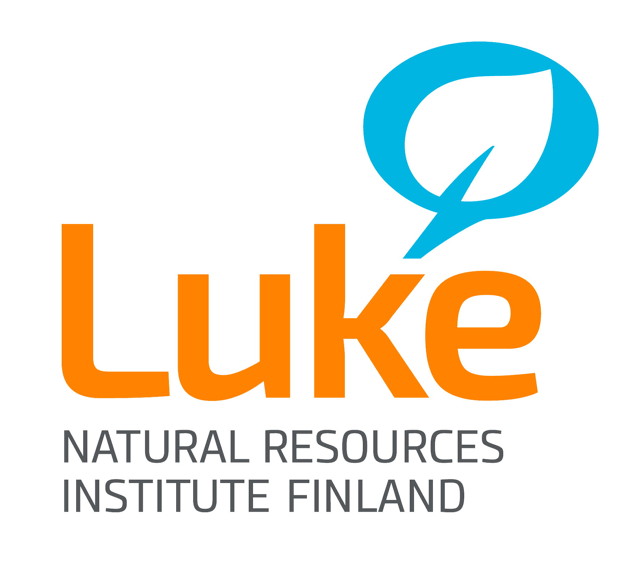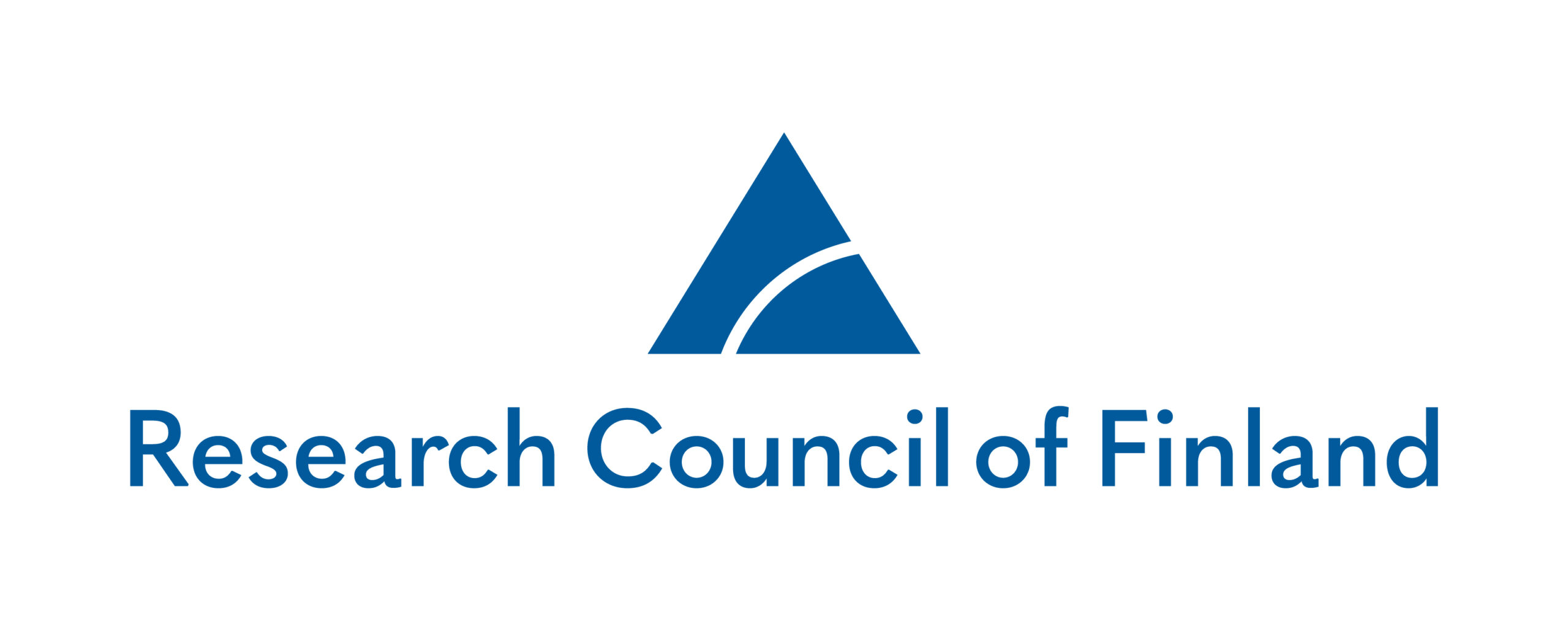Just GLOBE Conference, May 7, 2025, University of Helsinki City Centre Campus
Multispecies justice and the more-than-human lens in environmental politics and governance
Thank you to everyone who submitted an abstract!! Abstracts will be reviewed by a selection committee and participants will be alerted if their abstract is accepted by January 15, 2025.
Call: The need to focus, explore, and understand the more-than-human actors, agency, and roles, as well as more-than-human as subjects of justice is increasingly recognized and theorized in the emerging field of multispecies justice (MSJ) (Celermajer et al. 2020), more-than-human entanglements and situatedness (Haraway 1988) and posthuman turn (Braidotti 2016). While these traditions and schools of thought differ in their intellectual and philosophical genealogies (see for example Celermajer et al. 2020, Price and Chao 2023), at a generic level, all of them reject the idea of human exceptionalism, separateness from the rest of nature, and individuality, which in short, rejects the hierarchy in human-nature relations that is established by the Western liberal coloniality/modernity (Escobar 2018, Quijano 2007).
The focus on multispecies justice and more-than-human does not foreclose the persisting need to fight for social justice. Thus, while it is crucial to focus on MSJ, it is important not to lose sight of the current colonial-capitalist-racial oppression against racialized and gendered others (Davis et al. 2019). As Puig de la Bellacasa (2017) argues, care and justice are different ethical lenses, but both are central for resisting violence and injustices against all beings. In the light of this discussion, contributions tackling some of the following questions are welcome:
- How the multispecies lens sits with other theories and philosophies within and outside Western Eurocentric science (e.g. theories of environmental justice, pluriverse, social and racial justice), and what are the implications of bringing the multispecies lens in dialogue with these theories?
- What are the implications, challenges, pros, and cons of engaging the multispecies entanglements and more-than-human perspectives in environmental and social policy, including the implications to social movements for racial, social, and climate justice?
- What are the ontological and political priorities as well as institutional prerequisites and implications for multispecies justice and more-than-human approaches?
- What are the specific ontological and epistemic challenges related to coloniality/modernity, and how their unlearning and undoing unfolds in practice?
We also welcome theoretical as well as empirical contributions that shed light on how the multispecies and more-than-human approaches relate and sit with de/post/anti-colonial and anti-capitalist logics and strategies. This may involve questions and discussions about:
- subjects of justice, of rights and of responsibilities, as well as the question of causalities and the associated legal implications of those questions (e.g., what new forms of legal and political deliberation and representation are needed),
- the question of legal personhood and the rights of nature, with its advantages and tensions,
- the issue of relationality from multiple perspectives, including from indigenous, ecofeminist, biological, philosophical, ontological.
We invite post-human and multispecies perspectives that emerge from posthuman feminist and ecofeminist views, as well as Indigenous and decolonial, postcolonial, and postcapitalist. We are also interested in perspectives that deal with the theories of relationality and interconnectedness come from environmental law, policy, and biological philosophy. If engaging with practical and empirics of governing, we invite contributions that look at ways of governing WITH, rather than FOR more-than-human.
Please do not hesitate to contact the organizing committee via e-mail at justglobeconference [at] gmail.com if you have any questions or need additional information. Thank you and we look forward to receiving your abstract.



